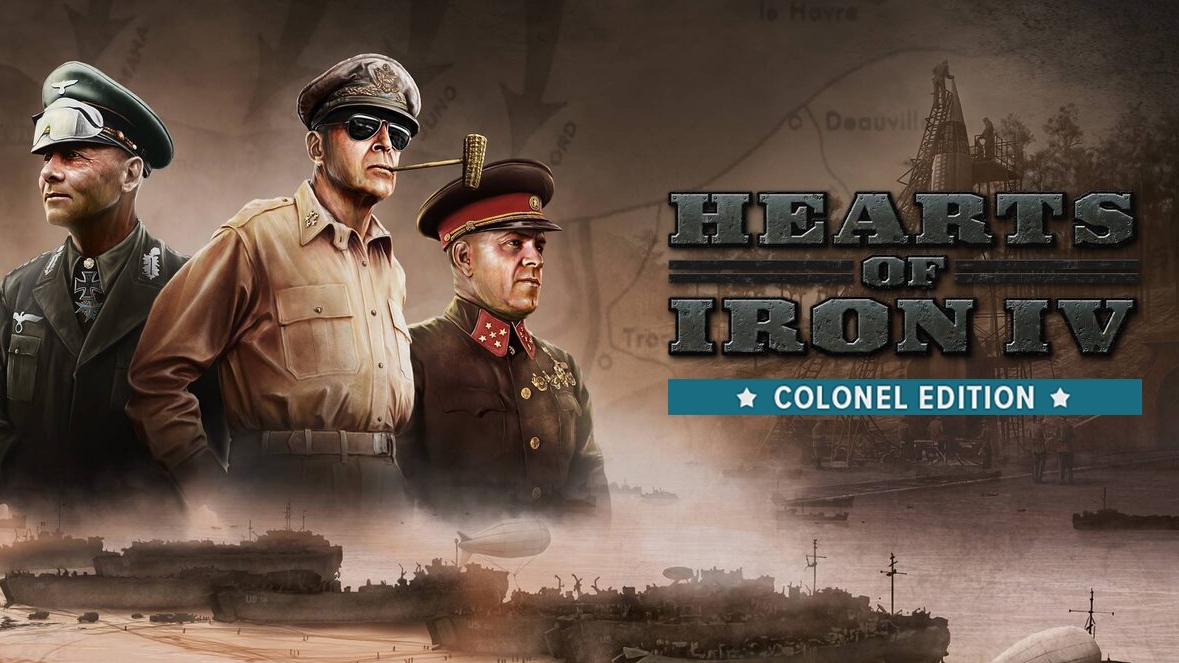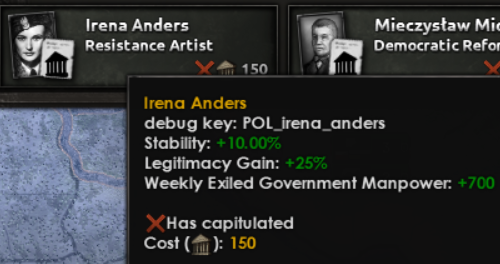

The last divisions of the Polish Army capitulated after a month, on the 6th of October but the Polish Government never officially surrendered.

After the war, a German officer remarked that had the allies pressed their offensive then, Germany could only have held out for a few weeks. For 8 months after, the “Phoney War” of minor skirmishes and almost unreal quiet held sway as the allies did nothing. Almost 100 French divisions invaded Germany, but were ordered to halt 1 km from the thin and undermanned Siegfried Line and withdraw to their original positions in the Maginot Line. However, no real pressure was brought against the Third Reich. Both the United Kingdom, the leader of the Allies, and France guaranteed Poland's independence, and did declare war on Germany. World War II is most often considered to have begun on 1 September 1939 with the invasion of Poland by the German Reich. After being the target of Hitler's political machinations, and becoming Poland's friend while weakening the country's independence and ties with France, the Molotov-Ribbentrop Pact between the Soviet Union and Germany paved the way for territorial demands and, soon, war. Due largely to limited economic resources, Poland was unable to keep pace with the intense armament efforts of its neighbors. The Second Polish Republic (Pol: Druga Rzeczpospolita) was perhaps the sixth most powerful country in Europe in 1936, but was caught between two rising superpowers - Germany under the fanatical Nazis, and the Soviet Union, the epicenter of Communism.


 0 kommentar(er)
0 kommentar(er)
